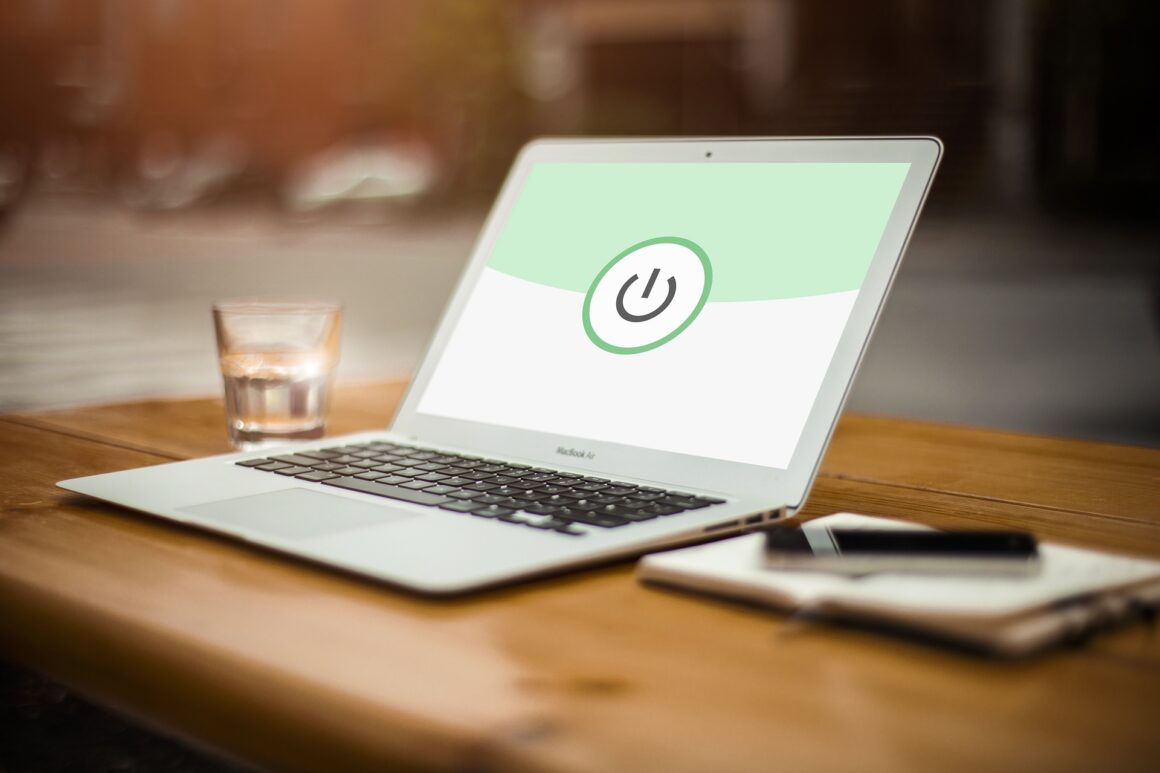When you buy a Mac, you get sleek hardware and macOS flair, becoming a fortress of built-in digital security. From casual browsers to privacy die-hards, Apple has carefully crafted a default security stack that protects users when they power on their device. But how do these features work to keep you safe?
Apple’s Approach to Security
Apple’s security philosophy hinges on control—control over the hardware, the software, and the ecosystem in between. Like casinos without KYC checks, which allow users to skip identity verification while relying on encrypted transactions and trusted platforms, Macs use a layered approach that limits risk at every entry point.
Here’s how this plays out:
- Secure enclave: This dedicated chip handles sensitive data like your Touch ID fingerprint, Face ID scans (on iPhones/iPads), or Apple Pay credentials. It isolates this information from the rest of the system, much like how crypto casinos separate user wallets from their leading platforms for added safety.
- System integrity protection (SIP): SIP prevents malicious software from altering system files, even if someone gains root access. That’s like running a poker game with tamper-proof cards.
- Gatekeeper and notarization: When you download apps, Gatekeeper checks for Apple’s notarization—a badge of approval ensuring the app hasn’t been tampered with. If a file’s shady, macOS will shut it down before you can open it. It’s your digital bouncer.
- XProtect and malware removal tool (MRT): This is your Mac’s built-in antivirus software. It scans for known threats and removes them in the background—no action is required.
Why Mac Users Feel Invisible (In a Good Way)
While online privacy often brings to mind VPNs and incognito tabs, Apple builds privacy into the very fabric of macOS. This is where Macs and casinos without KYC checks find common ground—giving users freedom and functionality without demanding identity documents.
Casinos that skip KYC protocols let players enjoy real-money games without providing personal data like passports or utility bills. Similarly, Apple allows users to:
- Sign in with Apple: When logging into apps or websites, this feature lets you hide your real email and generate a random one, protecting your identity and inbox at once.
- App tracking transparency (ATT): You’ve probably seen the “Ask App Not to Track” pop-up. ATT prevents apps from building a profile based on your web behavior.
- Private relay (part of iCloud+): This feature encrypts your Safari traffic and masks your IP address, so websites can’t pinpoint your location or build browsing profiles. It’s not unlike anonymous play on no-KYC crypto casinos, where even your country might remain hidden thanks to VPN support and crypto deposits.
FileVault, Firewall, and Beyond
Privacy is great, but let’s not forget the importance of good old-fashioned encryption. Enter FileVault—macOS’s full-disk encryption system. If your Mac is ever lost or stolen, no one’s getting in without your password. Period.
Then there’s the built-in firewall, which blocks unwanted incoming connections, and Stealth Mode, which makes your Mac invisible to network scanners.
Pair these with automatic security updates—delivered silently in the background—and you have a setup that rivals even the most hardened cybersecurity tools. This seamless, always-on security gives users peace of mind without slowing down productivity.
Convenience Without Compromise
One of Apple’s most significant achievements is how invisible its security feels. Unlike third-party antivirus programs that bog down your system or ping you with alerts every five minutes, macOS security is designed to work behind the scenes.
This ease of use is key. Like players at no-KYC casinos get fast payouts and simple sign-ups without jumping through hoops, Mac users enjoy high-grade protection without navigating technical jargon or endless prompts. You get robust defenses and minimal friction.
Conclusion: A Default Fortress Worth Trusting
Apple doesn’t sprinkle security as an afterthought—it’s baked into every layer of macOS, from the silicon to the Safari browser. While the world races to adopt privacy-enhancing tools and decentralized systems, Apple’s built-in defenses already deliver many of the same protections.
Just as casinos without KYC checks attract players by allowing users to control their privacy, speed, and security, Apple’s approach to security empowers users to use their Mac freely without ever feeling exposed.
So, whether managing sensitive work documents, gaming on crypto sites, or browsing memes, you can relax knowing your Mac has your back from the moment you log in.







